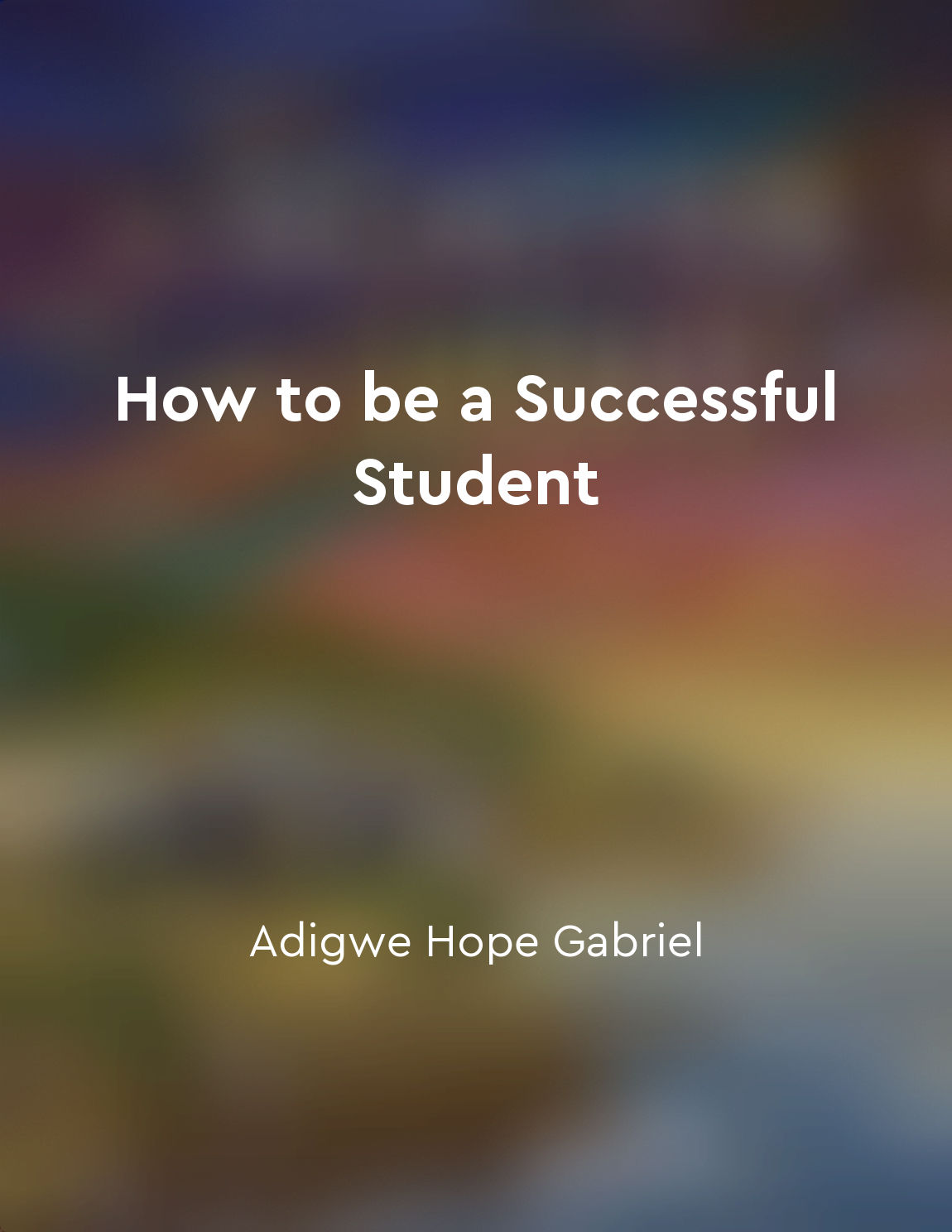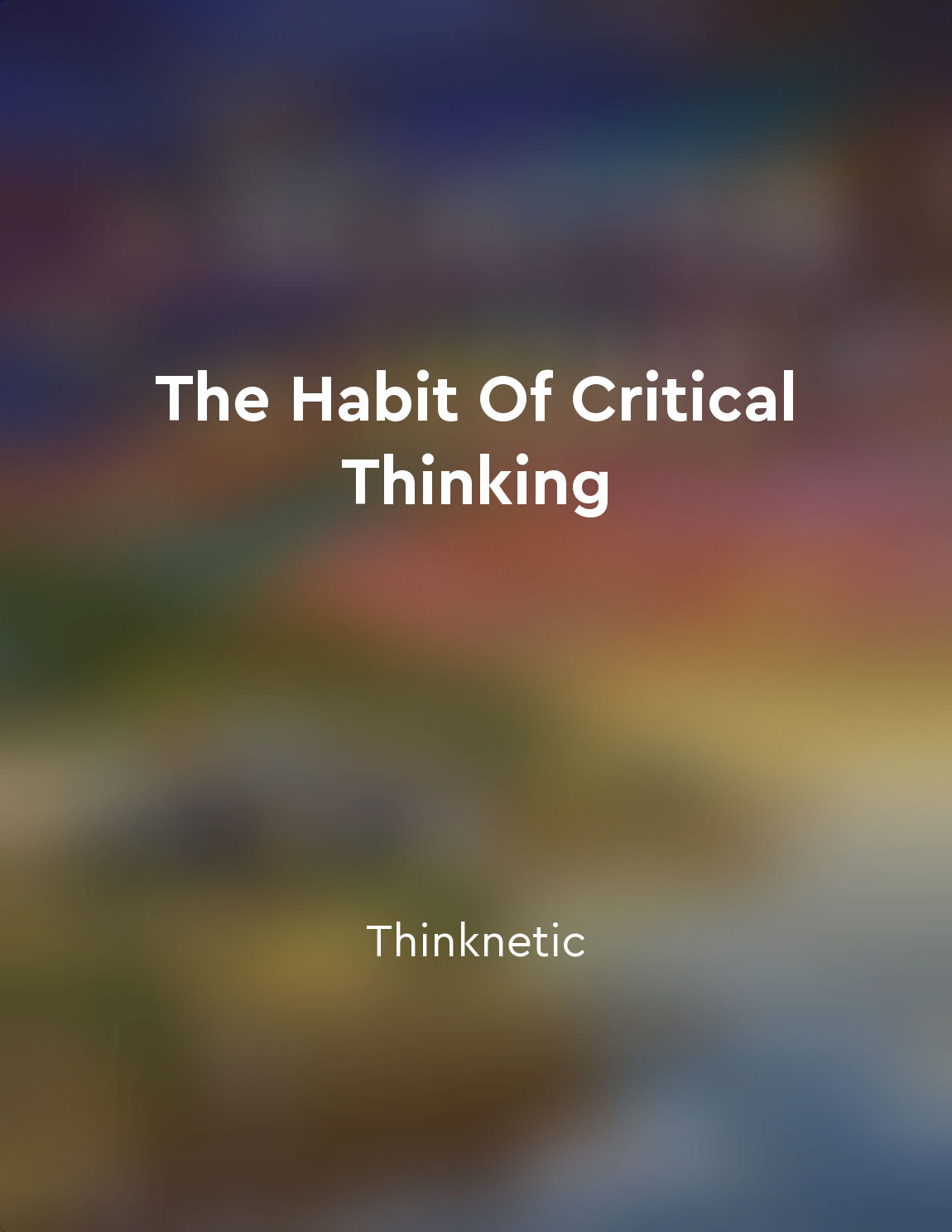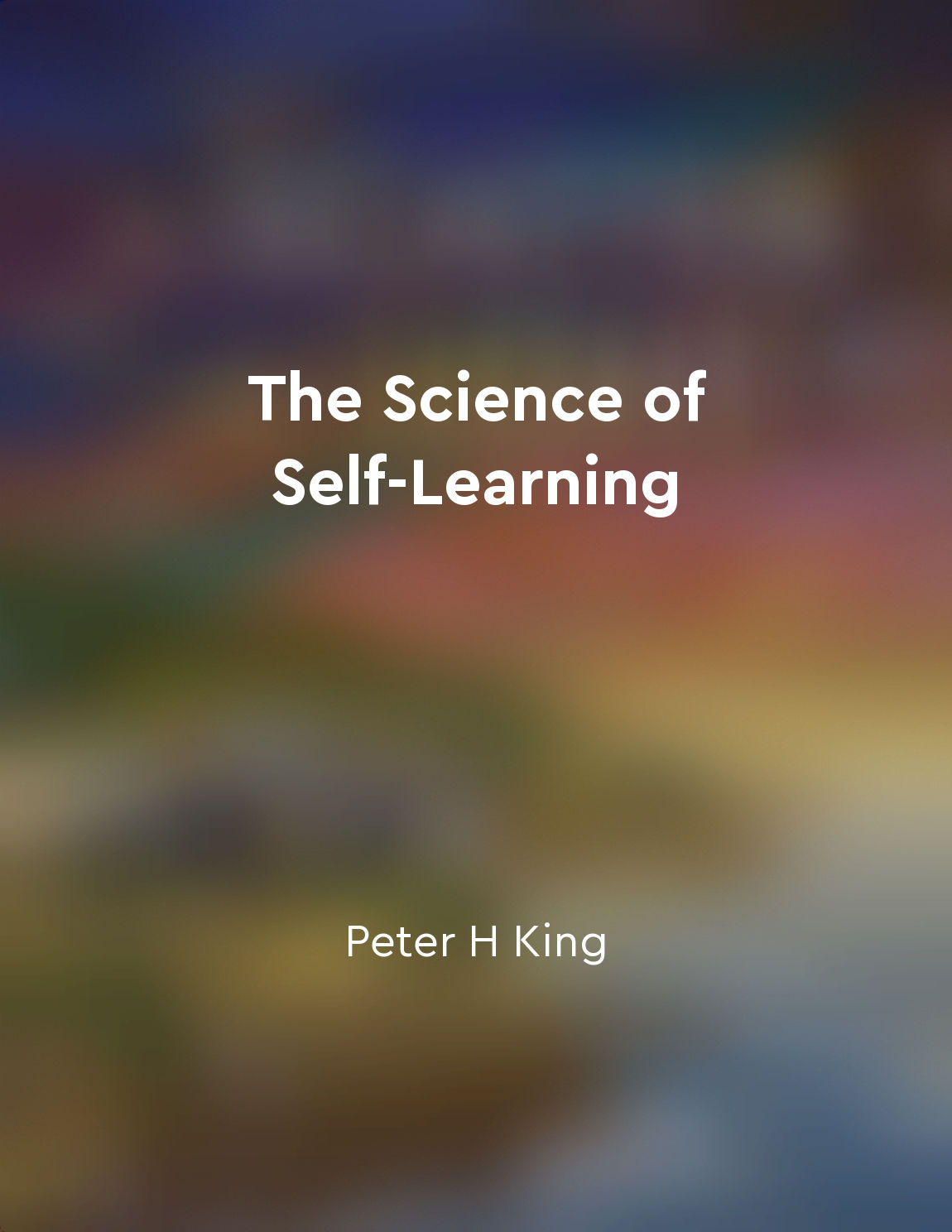The lack of intellectual diversity hinders critical thinking from "summary" of God and Man at Yale by William F. Buckley
William F. Buckley argues that within the confines of Yale University, a lack of intellectual diversity hinders critical thinking. This lack of diversity is not only detrimental to the students themselves, but to society as a whole. When students are only exposed to one particular viewpoint or ideology, they are deprived of the opportunity to engage in thought-provoking discussions and challenge their own beliefs. This limited exposure stifles the development of critical thinking skills, as students are not pushed to consider alternative perspectives or think outside the box. Furthermore, Buckley suggests that without intellectual diversity, students are more likely to conform to a single ideology without question. This conformity leads to a lack of intellectual curiosity and a reluctance to question authority or challenge the status quo. In essence, students become passive recipients of information rather than active participants in their own education. In order to cultivate critical thinking skills and foster intellectual growth, Buckley advocates for the importance of exposing students to a wide range of ideas and perspectives. By engaging with diverse viewpoints, students are better equipped to think critically, analyze complex issues, and form well-rounded opinions.- Buckley emphasizes that intellectual diversity is not just a matter of academic freedom, but a vital component of a well-rounded education. Without exposure to a variety of perspectives, students are ill-equipped to navigate the complexities of the world around them and contribute meaningfully to society. Therefore, it is essential for educational institutions like Yale to prioritize intellectual diversity in order to cultivate the critical thinking skills necessary for success in the modern world.
Similar Posts

Reflecting on your progress and setting new goals is a continuous process
As you journey through your academic pursuits, it is crucial to take a moment to pause and reflect on how far you have come. Th...
Critical thinkers strive for intellectual integrity
Critical thinkers understand the importance of maintaining intellectual integrity in their thinking and decision-making process...

Practice selfreflection
Self-reflection is a crucial aspect of developing critical thinking skills. It involves taking the time to pause and examine ou...
Striving for continuous improvement leads to excellence
Continuous improvement is a hallmark of excellence in teaching. The best law teachers are constantly seeking ways to enhance th...

Embracing failure as a learning opportunity
In the pursuit of self-learning, one must be willing to accept and learn from failure. Failure is not the end of the road; rath...

Ethics in science and technology
In science and technology, there is a crucial need for ethics. It is not just about doing experiments and making discoveries - ...

Balancing emotion and logic is crucial
When it comes to decision-making, our brains often rely on a delicate dance between emotions and logic. Emotions can be powerfu...
Empathize with others
To truly understand someone else's perspective, you have to do more than just listen. You have to step into their shoes and fee...
Guide students in setting goals for their writing
One effective way to support students in developing their writing skills is to help them establish clear goals for their writin...
Adapt to changing circumstances
When faced with unexpected changes, it is essential to be able to adjust and respond effectively. Instead of resisting or ignor...

